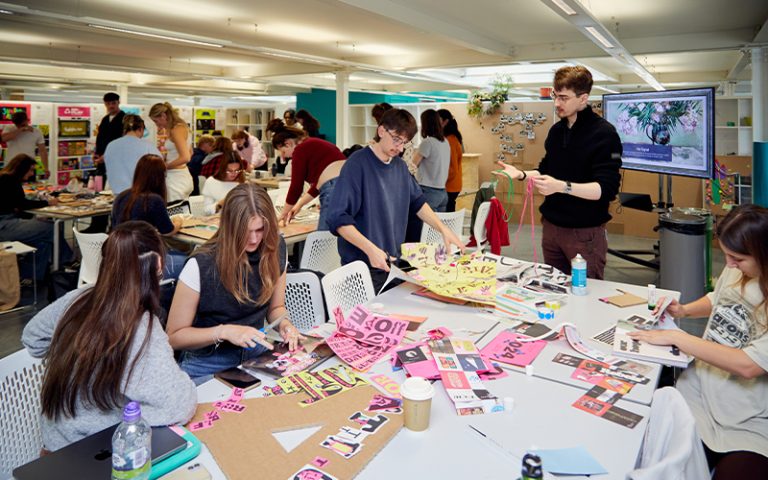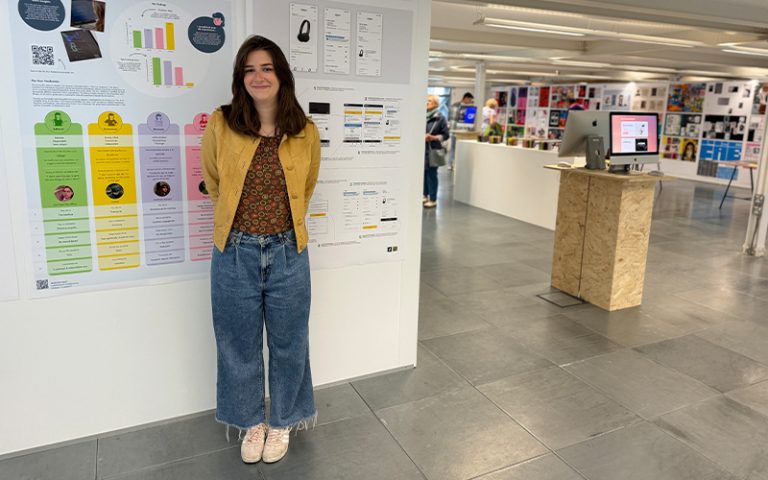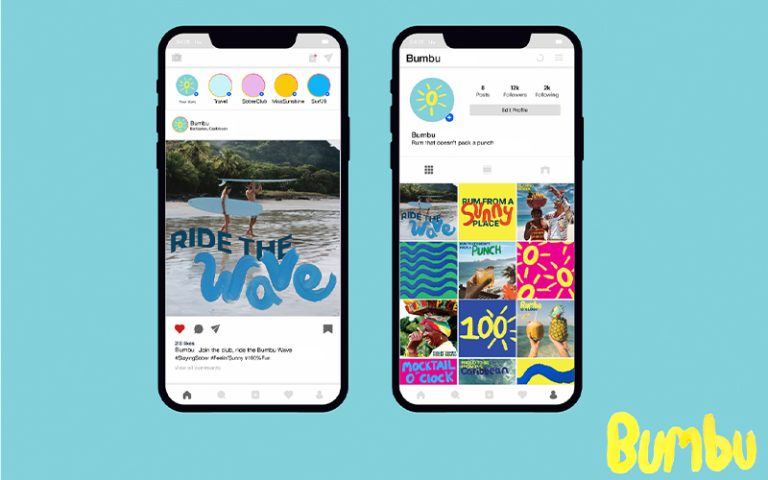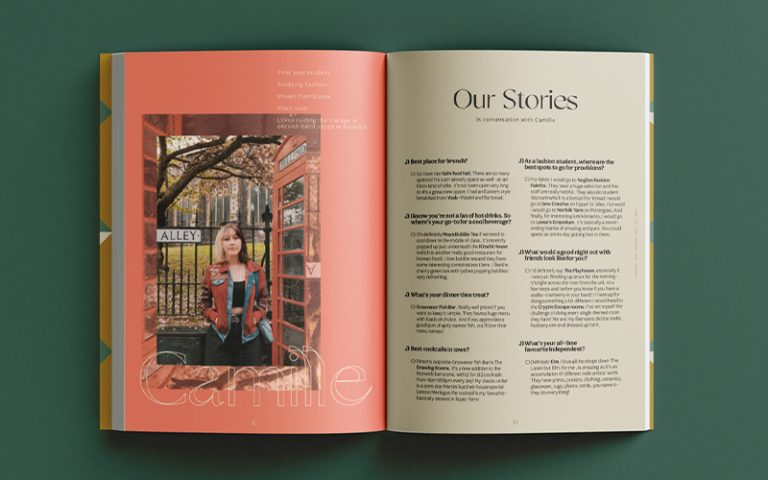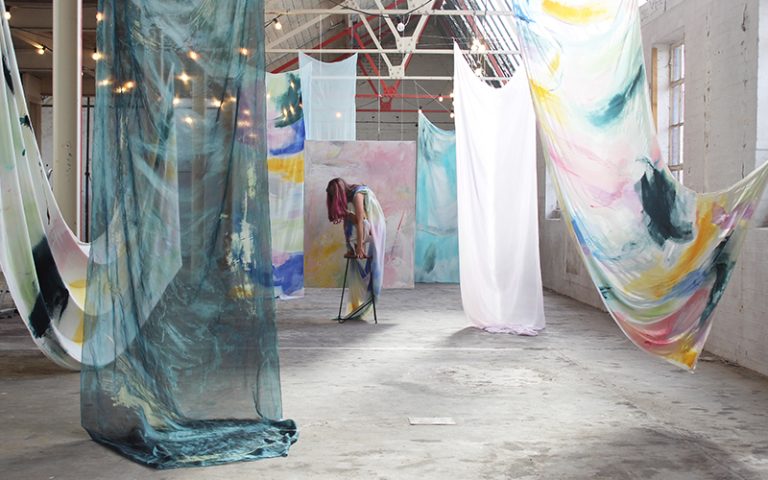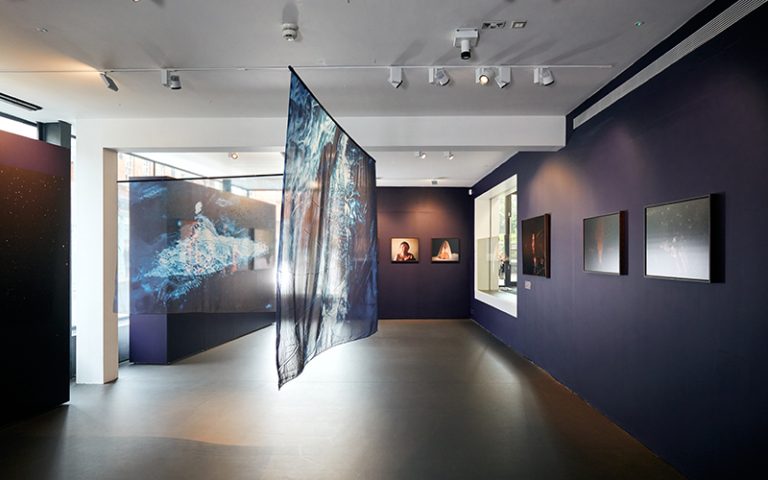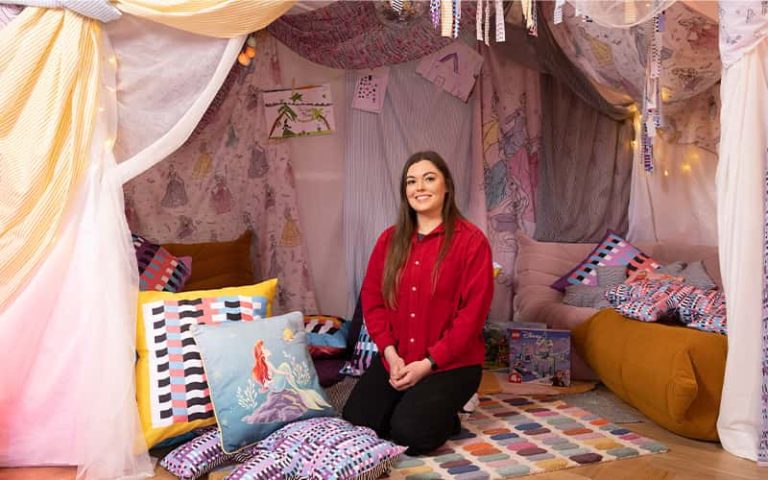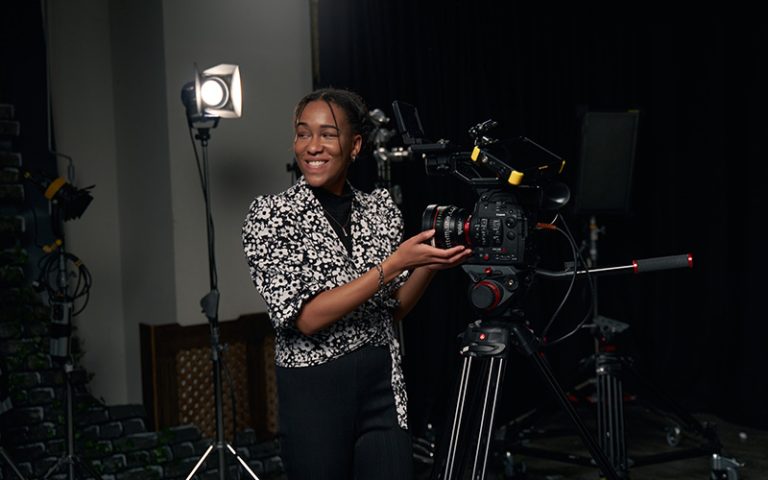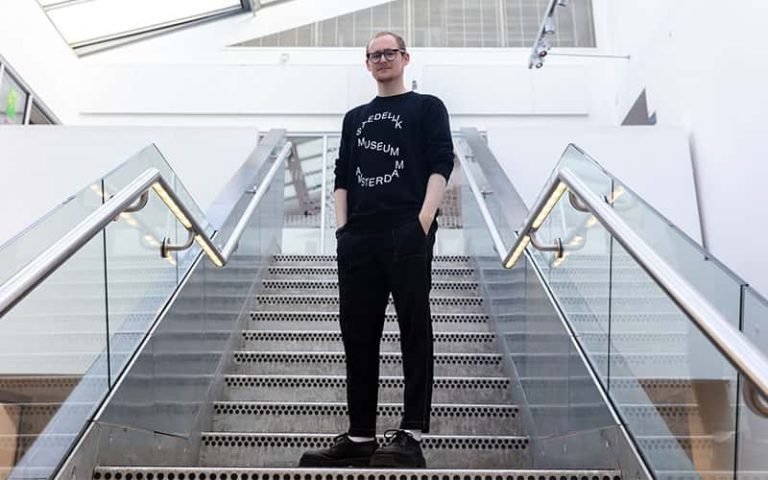In conversation with alumni Tim Wilcox, Designer at JKR, London.
Tim graduated from BA (Hons) Graphic Design in 2019, and has since worked as a designer at global design agency JKR.
Tim graduated from BA (Hons) Graphic Design in 2019, and has since worked as a designer at global design agency JKR.


Tim Wilcox
Growing up with a mum who was an editorial designer meant I probably had my fate sealed from a young age. From flicking through her magazine spreads to collecting record sleeves, I was always fascinated by everything colourful and typographic. However, my real awareness of design started in high school. Before then, I’d never even heard of the graphic designer job.
I had this teacher, Mr Ripley, who gave us a crash course on design, from technical drawings to mocking up soda can labels. I then realised that design was a career option for me, and that’s when life got more exciting.
Living in London means I’m surrounded by creative inspiration, from colour combinations at fruit market stalls to typography on billboards, so I guess a lot of what I mentally note is subliminal. But inspiration can come from anywhere.
I actively check out local art galleries and have a subscription to Stack magazine, where I get a different independent art mag each month.
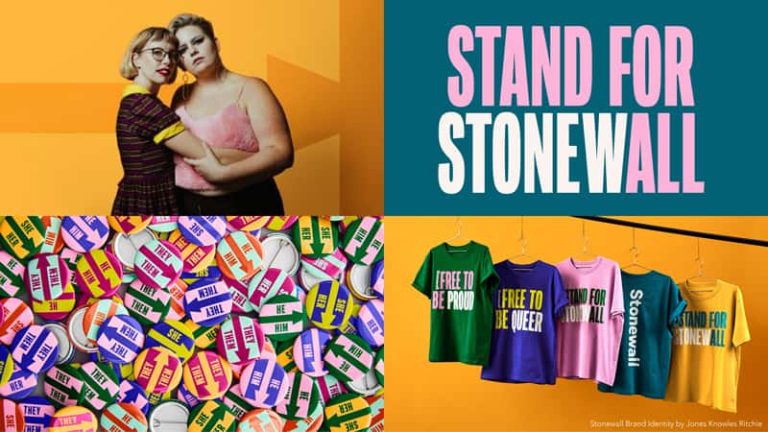
Tim Wilcox
Coming from a BTEC course in graphic design, I wanted to continue my studies somewhere that not only knew what they were talking about but had links to the industry. I came across Norwich University of the Arts by fluke, being stopped in my tracks by the fluorescent yellow brochure at a uni open day.
The graphics course at Norwich University of the Arts allows you to hone in on a chosen speciality (in my case Graphic Design) and trains your brain to think the same way that the industry does.
Honestly? Not that different. One of the things I tell students most is that you’re probably already doing it. Yes, projects run at a faster pace in the industry. The process can be different depending on the agency. Still, all the sketching, ideating and experimenting you do at uni is exactly how we start briefs at JKR.
What I found most different was having a team made up of not just designers but strategists, copywriters and many more, all working together to solve the client’s brief. There are so many roles within a design studio, and learning from and working with them is the most rewarding.
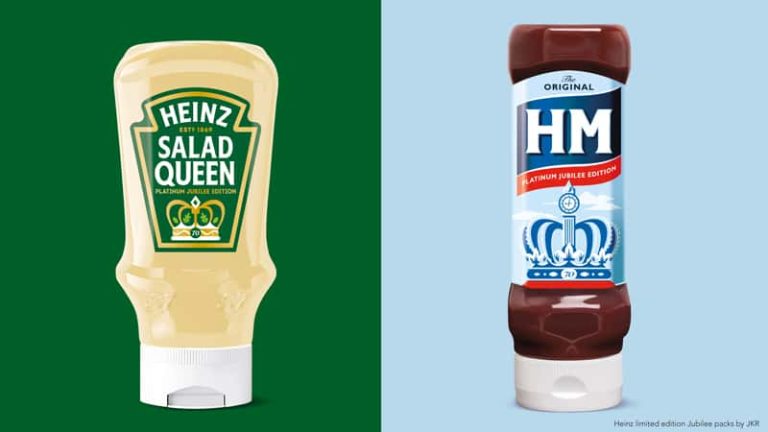
Tim Wilcox
Definitely. Norwich University of the Arts runs projects and sets briefs similarly to the ‘real world’. For example, you are redesigning a chocolate bar. At uni, you have time to research and think of ideas, then have feedback from the tutors to guide and refine your designs. It’s the same kind of thing in the industry. I’ll often work with other designers and then have chats with the wider team, who help steer and challenge the work, which makes it even stronger.
The breadth of brands and projects I’ve had the opportunity to work on at JKR so far has been insane. From limited-edition Jubilee sauces for Heinz to rebranding one of the biggest chocolate brands, M&M’s! But my favourite so far has to have been rebranding Stonewall, Britain’s largest LGBTQ+ charity. I’d only been working for a year when the project came in, and it was my dream project.
We made sure to put meaning into every element of the brand, from a custom typeface rooted in heritage to a photography style that brought the community to the forefront, making the work so special. The thing I found most challenging was working on the project in the middle of a pandemic. Being stuck at home challenged me to work in isolation without having someone over my shoulder saying ‘yeah that’s cool’ or ‘how about you try this’ but, it helped me to step up and trust my instincts.
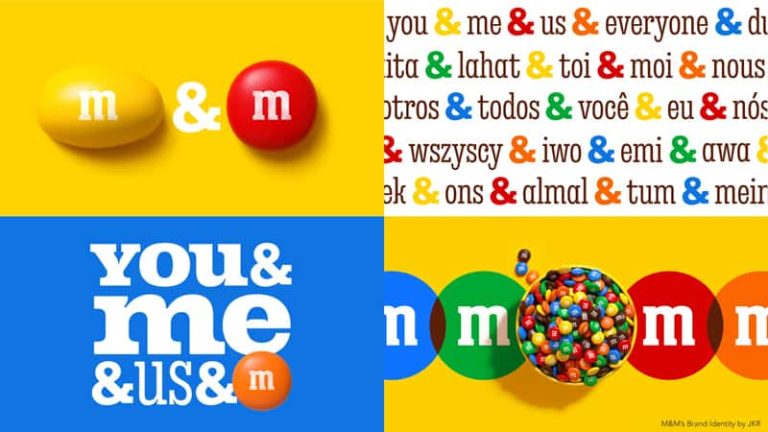
Tim Wilcox
I’d probably say pushing and challenging myself to think differently. Working across so many brands and projects, you can get into a bit of a rhythm as a designer and rely on the same skills. That’s why working with so many different people with different skills and backgrounds helps keep me inspired and on my toes. Like working with my friend Rosie from Design Bridge for the Cannes Young Lions competition, we both had different insights, which is what enriched the work and made us think of unexpected solutions.
I’ve grown in so many ways since leaving university three years ago. Yes, my technical skills have developed massively, but I’m most shocked by how my confidence has grown. Confidence in my work and abilities as a designer, but also presenting and giving my opinions. It can be hard when you start somewhere, and you’re the most junior, but trust me, you’re there for a reason and they want to hear what you have to say. It just goes to show what you can achieve if you’re in an encouraging, supportive environment.

Tim Wilcox
Just like any industry, the design world can be competitive. But the great thing about being a creative is that you don’t just show an A4 CV in black Arial type; you get to show a portfolio of projects created by you.
So my advice is to tailor your portfolio to represent you and what you like doing most. If the projects you’re set don’t enable that, feel free to write your own briefs. Not only will it make you stand out, but you’ll be more passionate about your projects, which will come through when you talk people through them.
It’s hard not to say something cliché at this point, but honestly – just try to enjoy it.
Experiment, listen to the tutors, and collaborate with as many people as possible. The friends and contacts you make in uni will be indispensable when you set off into the industry, so support each other.
Explore BA (Hons) Graphic Design
